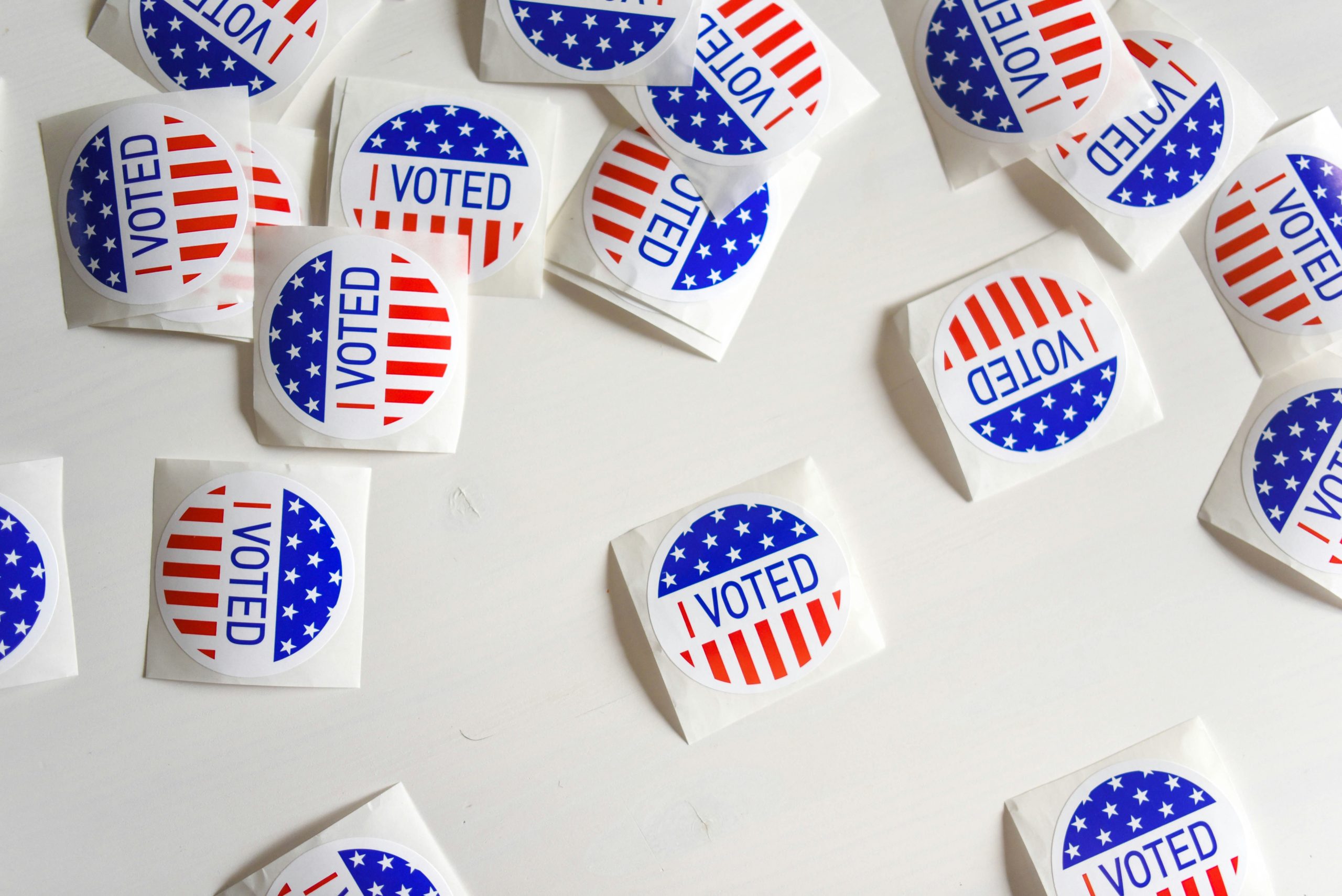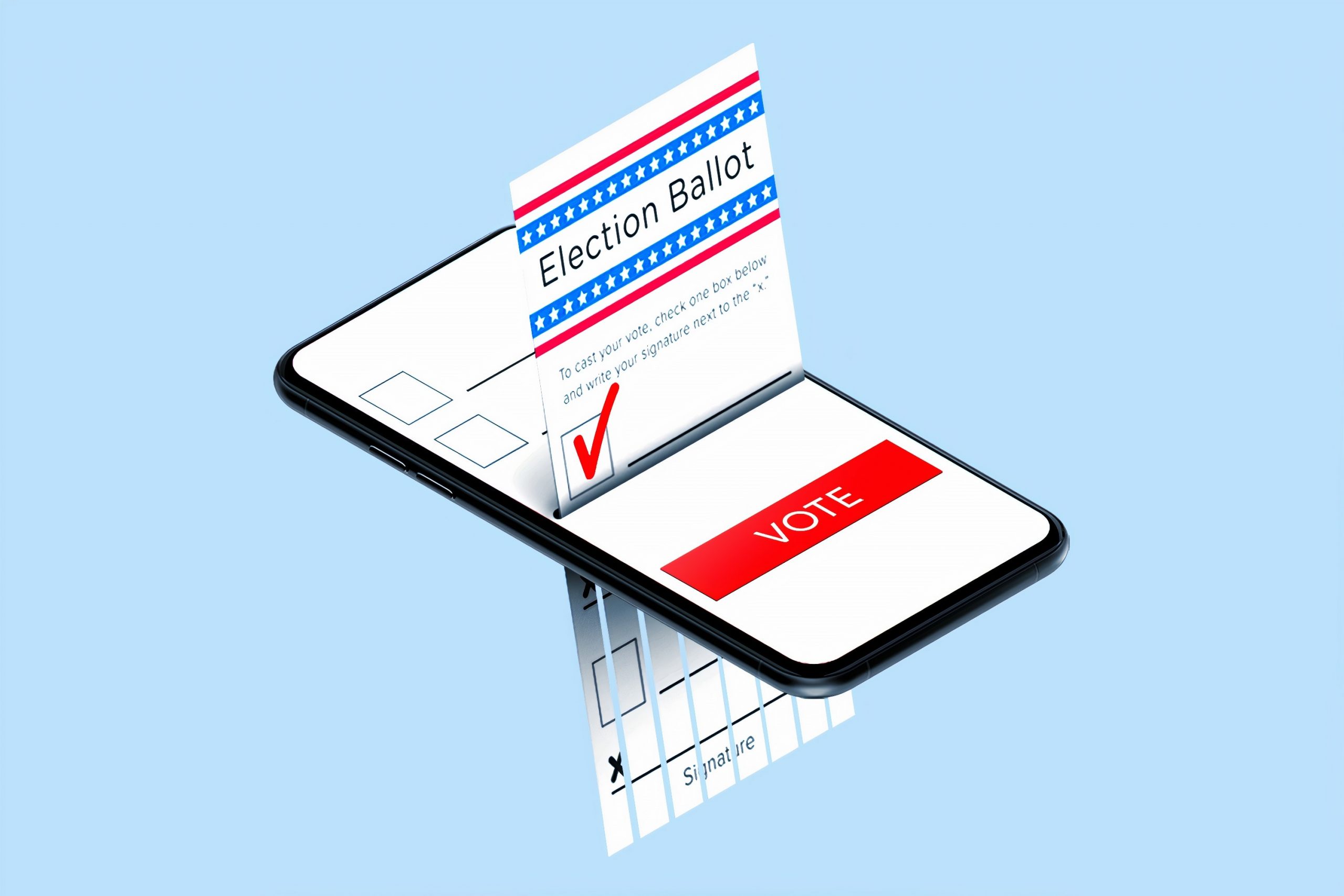Do you know what the official language of the United States is?
Trick question: there isn’t one! While most people assume English is the country’s official language federally (and while some states do recognize English as the official language), in reality the United States is one of the most linguistically diverse nations in the world. However, many materials are still only available in English, which means that the over 25 million Americans with limited English proficiency are at a disadvantage.
How translation affects voting
One area where this can be a major issue is in voting. Although the Voting Rights Act does have some provisions for translating election materials, a rising number of Americans are having trouble understanding their choices in the voting booth and are not granted translation access under the Act because their community does not meet certain thresholds.
Demos released a report in 2014 advocating for “language assistance and translation when either 7,500 people or three percent of the population of voting age citizens, whichever is smaller, speaks a common language other than English” and “language access education to all poll workers when the language assistance requirement is triggered.” These actions would undoubtedly increase voter participation for more Americans.

“While ballots are often complicated and confusing even for proficient English speakers, those with limited English proficiency face special difficulties in deciphering the ballot and casting their votes.”
– Demos, “Millions to the Polls: Language & Disability Access”
Why the lack of translated materials for elections matters
The right to vote is imperative. But if one feels unable to properly read and understand their ballot, how can we see that as equal access to voting?
Translation can increase that access. In 2004, communities that spoke little English but had translated voting ballots saw increased voter turnout by 11 points (ABA, 2020). Similarly, Vietnamese-American voter registration rose by 40 percent in San Diego County after the local government voluntarily added Vietnamese to their list of assisted languages (Demos, 2014).
HIGH-QUALITY TRANSCRIPTION
Want instant access to transcript ordering, price lists, and more? Sign up for your free client portal now.
What we can do to increase voter turnout
Advocating for better access to translated election materials is so important as America becomes even more diverse. We can do this by translating voting materials well before election days in order to spread the translations to minority-language communities earlier. We can pay bilingual poll workers to work on election day.
Perhaps most of all, we need to spread awareness of this issue so that more people can advocate for change and shine a light on a voting issue that few discuss until it is too late.



Leave a Reply